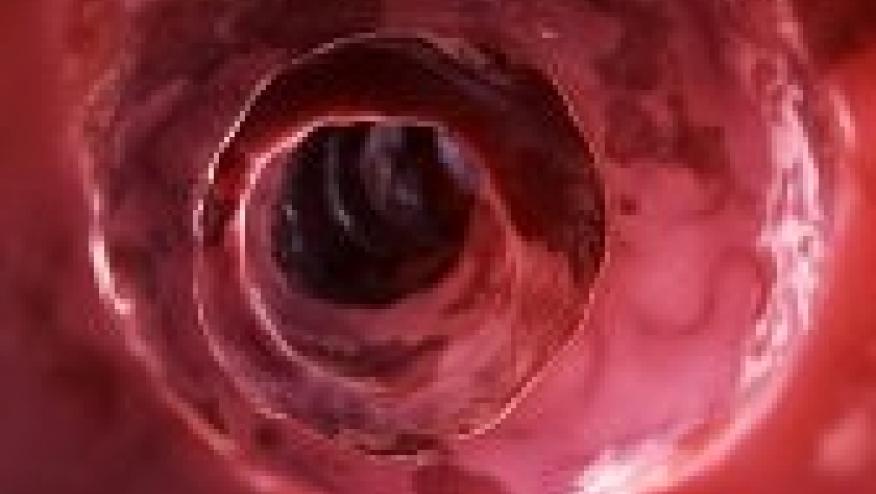Low IBD Risk with IL-17 Inhibition Save

Incident or worsening colitis is a rare complication of IL-17 inhibitor therapy; a real world study confirms very low rates of new IBD in patients starting secukinumab.
A real-world study of the secukinumab (SEC; an IL-17 inhibitor) and gastrointestinal related adverse events (GIRAE) was assessed in ankylosing spondylitis (AS) and psoriatic arthritis (PsA) starting secukinumab in 10 UK hospitals (2016–2019) t define the adverse event rates and relatedness to SEC.
Data from 306 patients starting SEC (42% for AS and 59% for PsA) showed an overall GIRAE rate of 7.8%. Of these, 1.3% were deemed definite IBD, 2.3% probable IBD and 13 4.2% as possible inflammatory bowel disease (IBD). The majority of patients developing new GI side effects did not have IBD or stop SEC therapy.
All definite cases occurred in AS patients who stopped SEC; 2 had pre-existing IBD and two (0.7%) were de-novo cases (1 required surgery). Seven patients (2.3%) had pre-existing diagnoses of IBD prior to initiation of which 5 patients experienced GIRAE.
Absolute rates of new IBD in patients starting secukinumab are very low in this study and comparable to that reported in the developmental clinical trials (in psoriasis: 0.08 to 0.11 per 100 PYs; in AS 0.4 o 0.7 per 100PYs). Those with pre-existing IBD may be at a higher risk.










If you are a health practitioner, you may Login/Register to comment.
Due to the nature of these comment forums, only health practitioners are allowed to comment at this time.